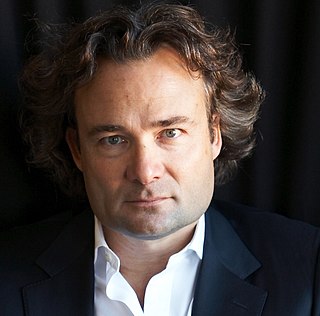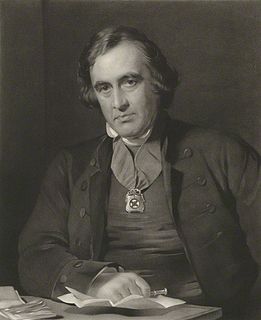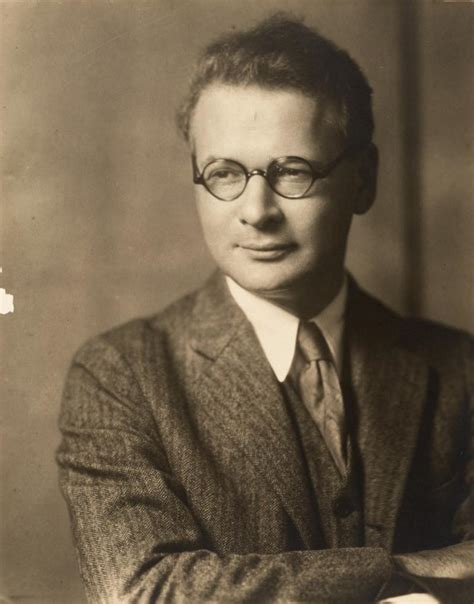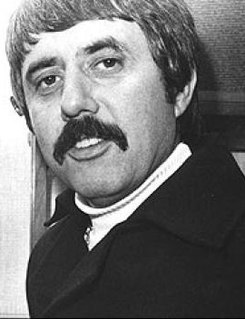A Quote by Jean Piaget
Before games are played in common, no rules in the proper sense can come into existence. Regularities and ritualized schemas are already there, but these rites, being the work of the individual, cannot call forth that submission to something superior to the self which characterizes the appearance of any rule.
Related Quotes
Mixture of assimilation to earlier schemas and adaptation to the actual conditions of the situation is what defines motor intelligence. But and this is where rules come into existence as soon as a balance is established between adaptation and assimilation, the course of conduct adopted becomes crystallized and ritualized. New schemas are even established which the child looks for and retains with care, as though they were obligatory or charged with efficacy.
I have often asked Americans wherein they consider their freedom superior to that of the English, but have never found them able to indicate a single point in which the individual is worse off in England as regards his private civil rights or his general liberty of doing and thinking as he pleases. They generally turn the discussion to social equality, the existence of a monarchy and hereditary titles and so forth - matters which are, of course, quite different from freedom in its proper sense.
That the speech of self-disclosure should be translatable seems to me very odd, but I am convinced that it is. The conclusion that I draw is that the only quality which all human being without exception possess is uniqueness: any characteristic, on the other hand, which one individual can be recognized as having in common with another, like red hair or the English language, implies the existence of other individual qualities which this classification excludes.
Faith is precisely the paradox that the single individual as the single individual is higher than the universal, is justified before it, not as inferior to it but superior - yet in such a way, please note, that it is the single individual who, after being subordinate as the single individual to the universal, now by means of the universal becomes the single individual who as the single individual is superior, that the single individual as the single individual stands in an absolute relation to the absolute.
All thought of something is at the same time self-consciousness [...] At the root of all our experiences and all our reflections, we find [...] a being which immediately recognises itself, [...] and which knows its own existence, not by observation and as a given fact, nor by inference from any idea of itself, but through direct contact with that existence. Self-consciousness is the very being of mind in action.
Our submission to general principles is necessary because we cannot be guided in our practical action by full knowledge and evaluation of the consequences. So long as men are not omniscient, the only way in which freedom can be given to the individual is by such general rules to delimit the sphere in which the decision is his. There can be no freedom if the government is not limited to particular kinds of action but can use its powers in any ways which serve particular ends.
Common sense is not something rigid and stationary, but is in continuous transformation, becoming enriched with scientific notions and philosophical opinions that have entered into common circulation. 'Common sense' is the folklore of philosophy and always stands midway between folklore proper (folklore as it is normally understood) and the philosophy, science, and economics of the scientists. Common sense creates the folklore of the future, a relatively rigidified phase of popular knowledge in a given time and place.
The democratic rule that all men are equal is sometimes confused with the quite opposite idea that all men are the same and that any man can be substituted for any other so that his differences make no difference. The two are not at all the same. The democratic rule that all men are equal means that men's being different cannot be made a basis for special privilege or for the invidious advantage of one man over another; equality, under the democratic rule, is the freedom and opportunity of each individual to be fully and completely his different self. Democracy means the right to be different.





































